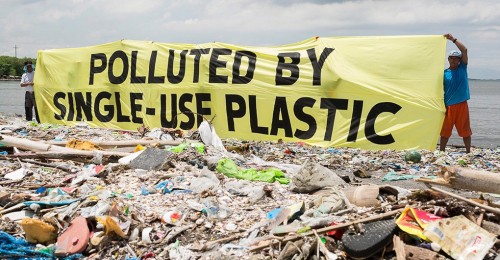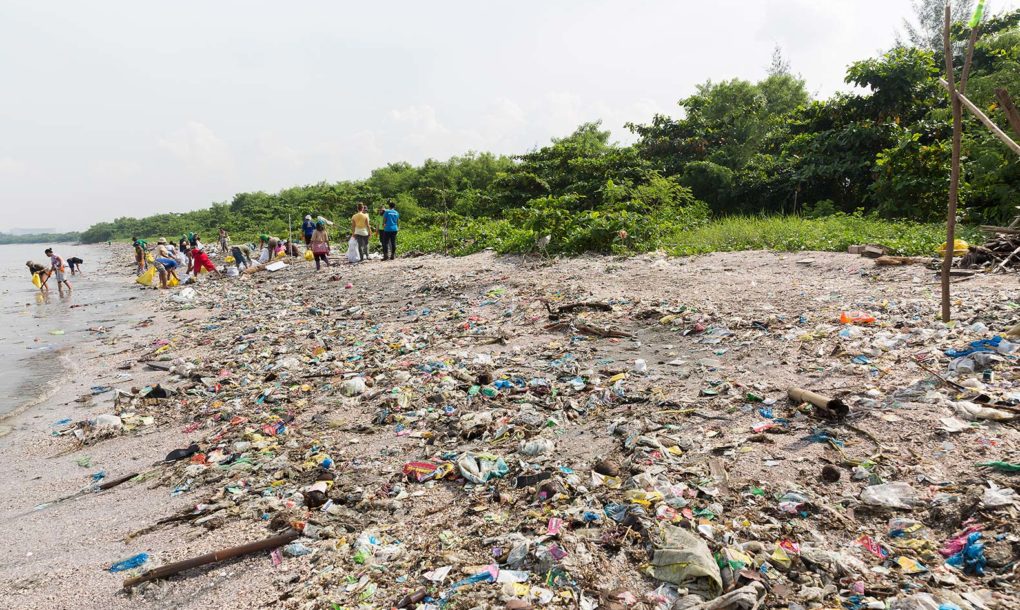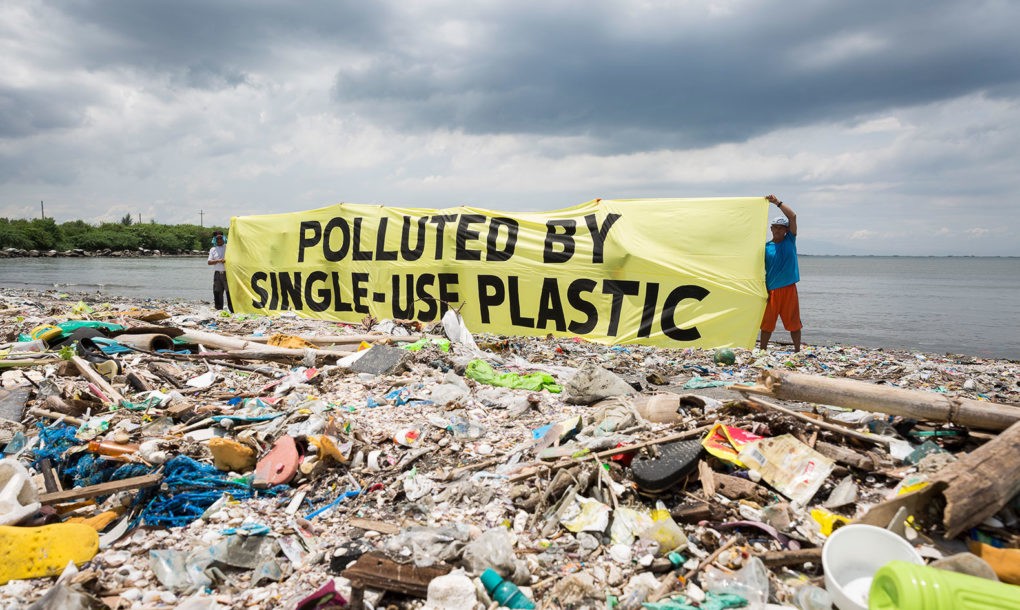RECOMMENDED VIDEOS

Forsi Innovations : Forsi Carwash System ( Carwash Water…
Forsi Innovations

Japan System Planning: NMR Pipetector - Anti Corrosion…
Japan System Planning Co., Ltd.

Sulomas : SULO Wheelie Bins and Waste Management System
Sulomas Sdn Bhd

Dulsco's Recyclable Collection Program- Recycle To…
Dulsco LLC

Eco-Friendly Wastewater Treatment System
FRANC Environmental, Inc.
Related Stories
GREEN CITIES INVESTMENT FORUM 2024
First paper straw factory in decades to open as UK bans plastic
Made from sewage, these “popsicles” reveal the scale of Taiwan’s water pollution
World’s first mobile recycling plant turns trash into tiles
Air pollution is the leading environmental cause of death worldwide
09 Oct, 2017

Beach plastic audit in the Philippines reveals which businesses are the worst polluters
Resource Recovery & Environment Management | PHILIPPINES | 27 Sep, 2017
Published by : Eco Media Asia
1.88 million metric tons of mismanaged plastic litters the Philippines every year. Greenpeace Philippines and the #breakfreefromplastic group decided to clean up some of that junk at Freedom Island – and they’re calling out the businesses most responsible for the pollution. Nestlé topped the list, followed by Unilever and Indonesian company PT Torabika Mayora.
The Philippines is the third worst polluter of Earth’s oceans, according to Greenpeace. They spent a week cleaning up the beach and performing an audit, which they said was the first one of its kind in the Philippines. There, the organizations picked up 54,260 pieces of trash. They found single-use items like plastic straws and bags, and trash like footwear and styro foam.

Most of the garbage included sachets, small plastic parcels used largely in developing countries allowing people with low-incomes to buy quality products. But the single-use sachets typically make their way into landfills and the ocean instead of being recycled.
In order, these are the companies most responsible for plastic pollution at Freedom Island according to Greenpeace: Nestlé, Unilever, PT Torabika Mayora, Universal Robina Corporation, Procter & Gamble, Nutri-Asia, Monde Nissin, Zesto, Colgate Palmolive, and Liwayway.
Greenpeace called for companies to rethink packaging and delivery practices. Greenpeace Philippines campaigner Abigail Aguilar said in a statement, “They could for instance practice extended producer responsibility where companies substitute non-reusable and non-recyclable products with new systems, such as refillables – prevention instead of end-of-pipe waste management…Citizens are burdened with the social and environmental impacts of plastic waste, rather than those that are responsible.”

China is the worst ocean polluter. Greenpeace cited a study which found Indonesia, Thailand, Malaysia, and Vietnam join China and the Philippines in the top 10 countries with the most poorly managed plastic trash. All that garbage is costing them; the Asia-Pacific Economic Cooperation estimated in the Association of Southeast Asian Nations region, the cost to fishing, shipping, and tourism industries was $1.2 billion.
Article from inhabitat.com
by Lacy Cooke
